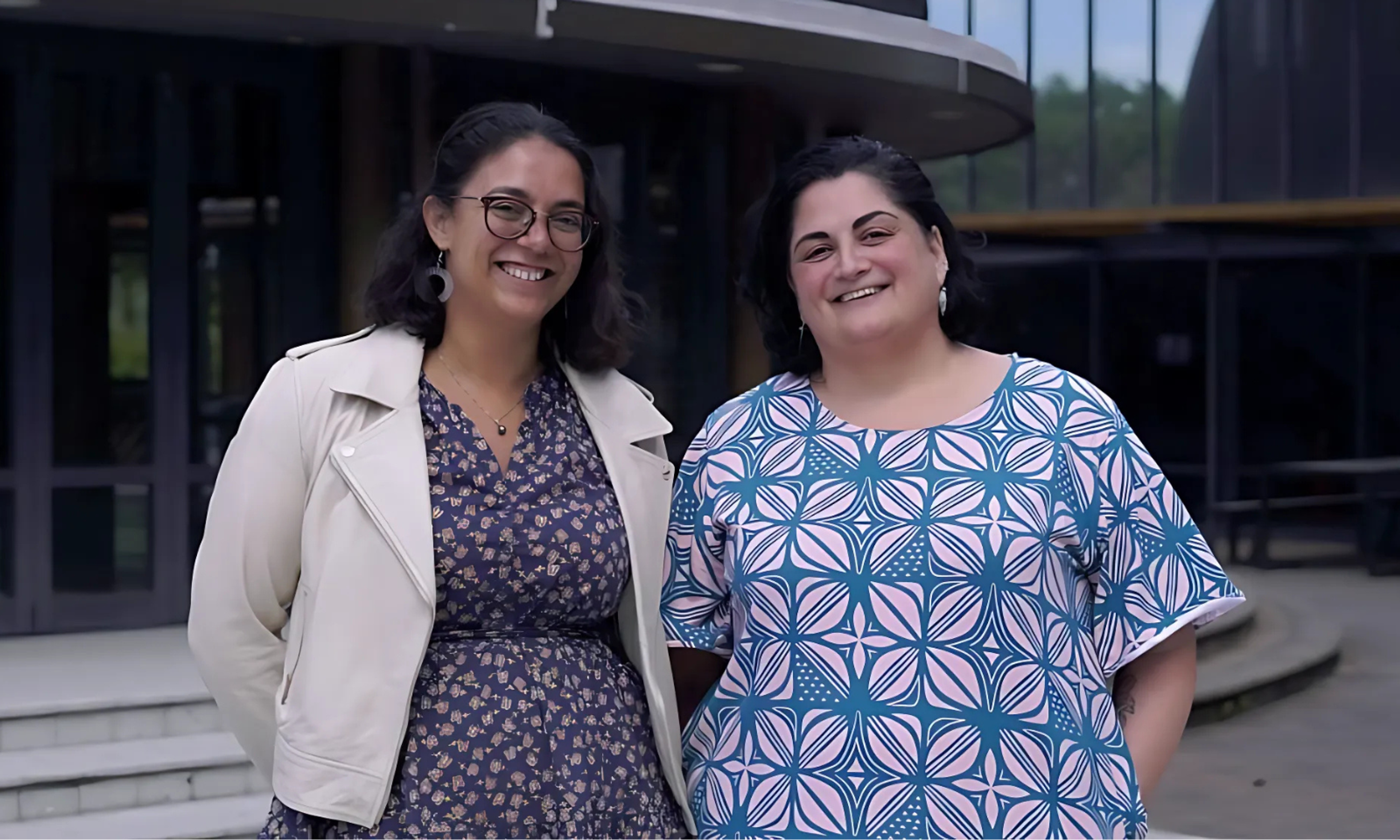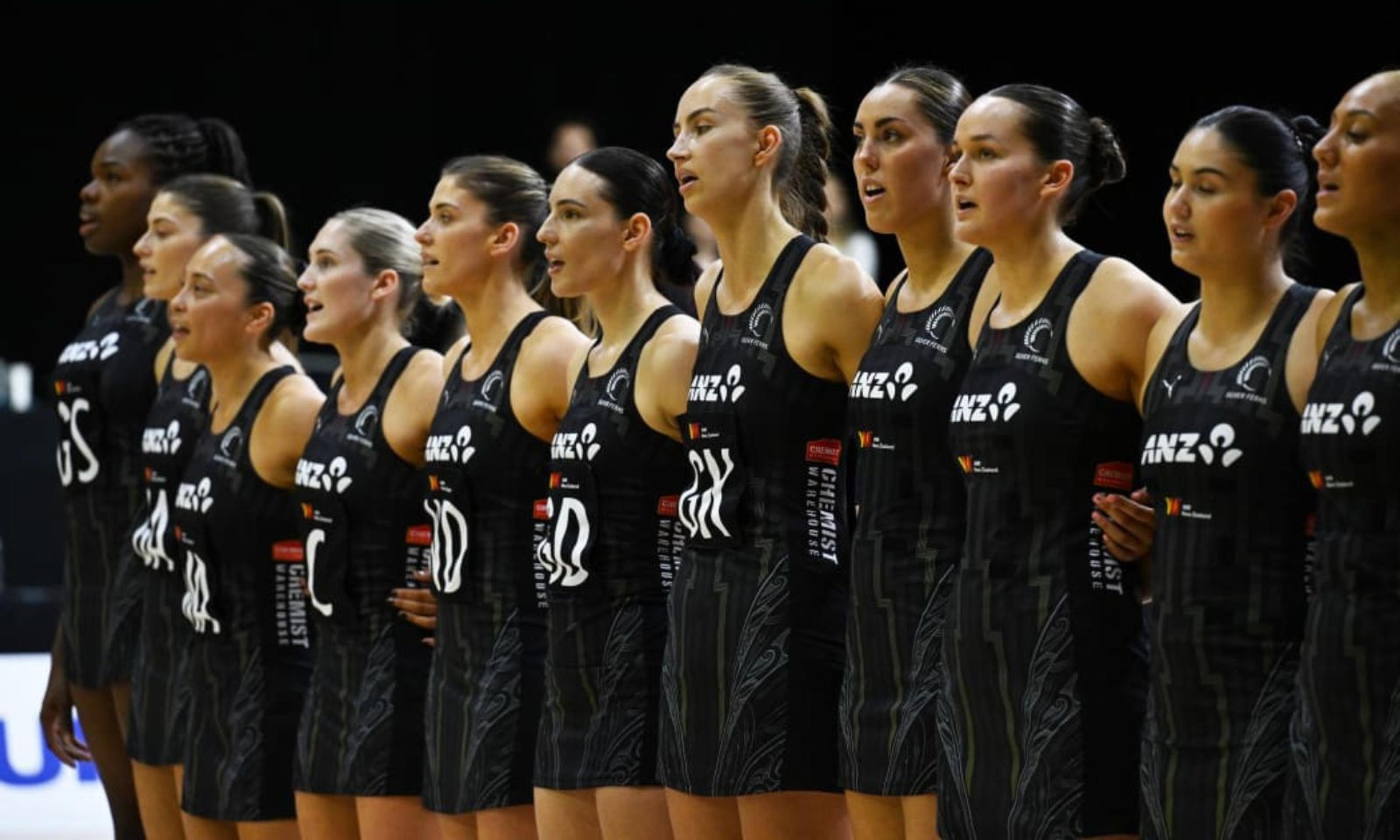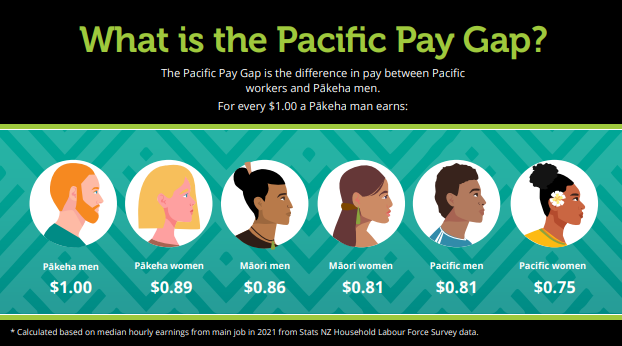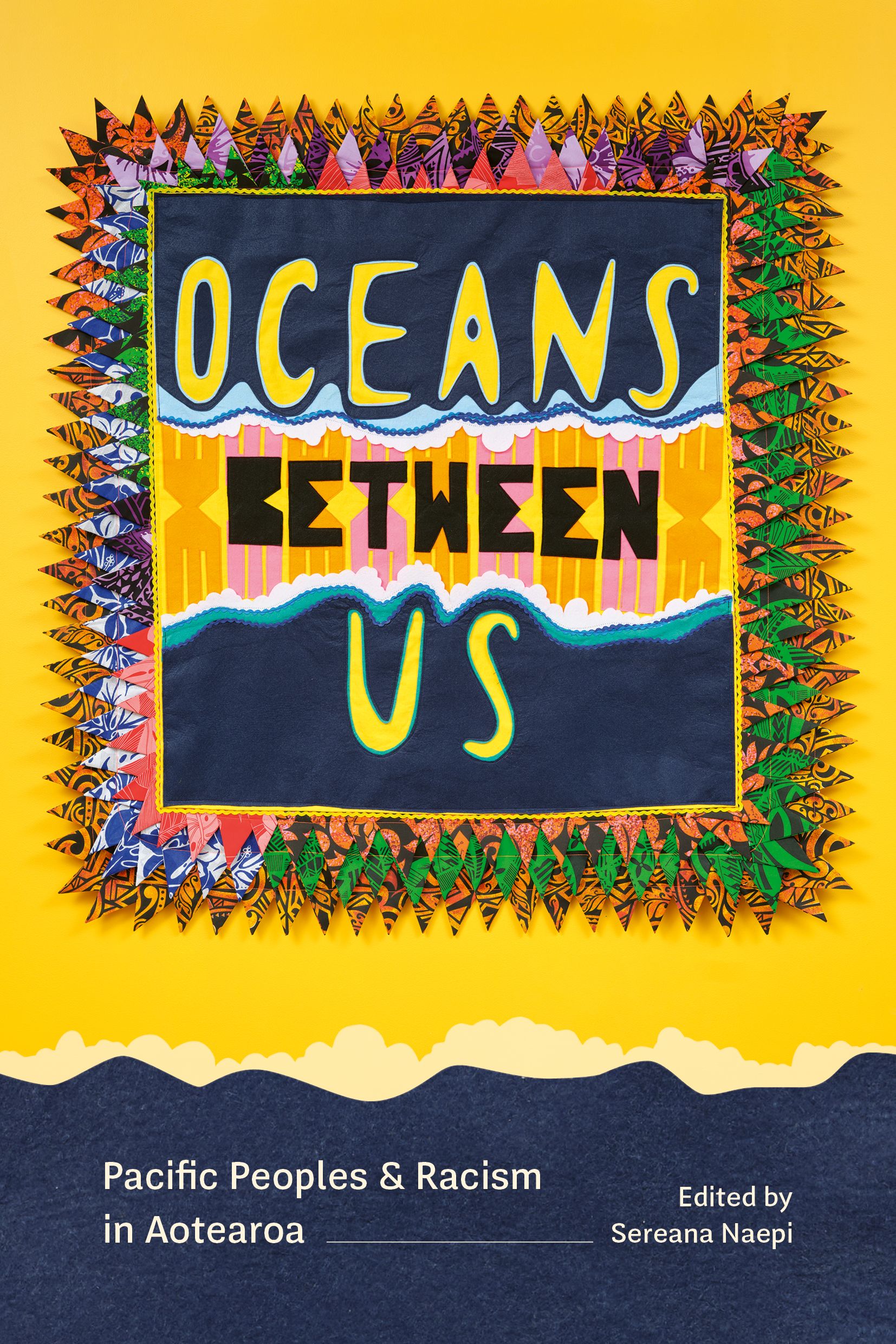

Dr Sereana Naepi (left), editor of Oceans Between Us, and contributing writer Dr Marcia Leenen-Young.
Photo/University of Auckland
Pacific scholars unveil racism in Aotearoa in ground-breaking book
Oceans Between Us exposes how racism is entrenched in Aotearoa’s systems, including education, health, and policy.



US funding cuts threaten to 'dry up' future of Pacific scientists - expert


Fiji’s former Prime Minister and police chief charged with inciting mutiny


Inked across lands: How Pacific tattoo art is thriving in Germany

US funding cuts threaten to 'dry up' future of Pacific scientists - expert


Fiji’s former Prime Minister and police chief charged with inciting mutiny
Leading Pacific academics are calling for brave conversations about racism with the launch of Oceans Between Us: Pacific Peoples and Racism in Aotearoa.
The new book outlines the structural discrimination faced by Pacific people.
The book features 10 essays from prominent Pacific thinkers and academics, analysing racism across education, health, justice, and society.
Dr Sereana Naepi, the editor and a contributing writer, says the chapters are honest.
Speaking with Ala Vailala on Pacific Mornings, Naepi says the book emerged from frustration during the Covid-19 lockdowns, when she and her colleagues investigated pay disparities.
“We’ve got a really clear argument for racism,” she says. “It exists. It’s shaping how we live our everyday worlds. And diversity and inclusion isn’t going to cut it anymore.
Watch the full interview with Dr Marcia Leenen-Young (left) and Dr Sereana Naepi on Facebook below.
“We’d just received the data that showed that Māori and Pacific academics. It didn’t matter how excellent we were; we were still facing a significant pay gap.
“I remember being really angry. People still wouldn’t just say, ‘it’s racism’, there was a lot of ‘oh, it’s a diversity issue, it’s an inclusion issue’, and I got really, really frustrated.
“[So] we wanted to give our communities the data and the evidence to show that they weren’t crazy, they were experiencing racism on a structural level, not just on a personal level.”
The context of shared history
In her chapter, Dr Marcia Leenen-Young, senior lecturer in Pacific studies at the University of Auckland, discusses colonialism’s history and impact.
Leenen-Young says negative stereotypes have contributed to the structural racism prevalent today.
“My chapter focusses on racial stereotypes and how they're ingrained in New Zealand society and how they've supported the building of policy and political structure, essentially from the early 20th century onwards,” she says.

Pacific women still earn less than their male-palagi counterparts. Image/Equal Employment Commission
“I drew parallels or links between racial stereotypes that were foundational in the relationship between New Zealand and the Pacific and how they kind of are infected into our social systems and political systems.
“We all know what the reality is. We live this reality. But I think for me, in drawing historical connections to contemporary times, it was very eye-opening.”
Hope for a different future
Leenen-Young highlights the book’s urgency given the current political climate, which includes the government’s shift away from race-based funding.
“History tells us that [equality] is not possible. Being treated equally is not something that our society is currently able to do.”
Naepi warns against using euphemisms like “inclusion” and “unconscious bias”, which soften the harsh truth.

Oceans Between Us collates ten essays from leading Pacific researchers, discussing racism. Photo/Supplied
Naepi also challenges the notion of “equal treatment” as misleading.
“I think it makes everyone in the room feel better if we use unconscious bias because then nobody’s to blame. We can go, ‘Yay, you've included enough Pacific, yay, we're thinking about diversity’, but then it doesn't enable us to have the really hard conversation around what is it about our everyday actions that contribute to the exclusion of Pacific peoples from these systems.”
“It’s an illusion of getting rid of any sort of conversation about race, like race doesn’t shape our everyday experiences. But if we look at any metric, education, health, income, race is a driving factor.”
Each chapter ends with proposed actions, such as improving access to data, reforming funding structures, and acknowledging our shared history.
“This book isn’t just for Pacific”, Naepi says. “It’s also for Pākeha and for other migrant groups so that they can understand why Pacific people get treated differently. There is a history there. There is a current reality, and so this book is to help people understand.”
The book will be released on 10 July 2025, and pre-orders are available now from Auckland University Press.